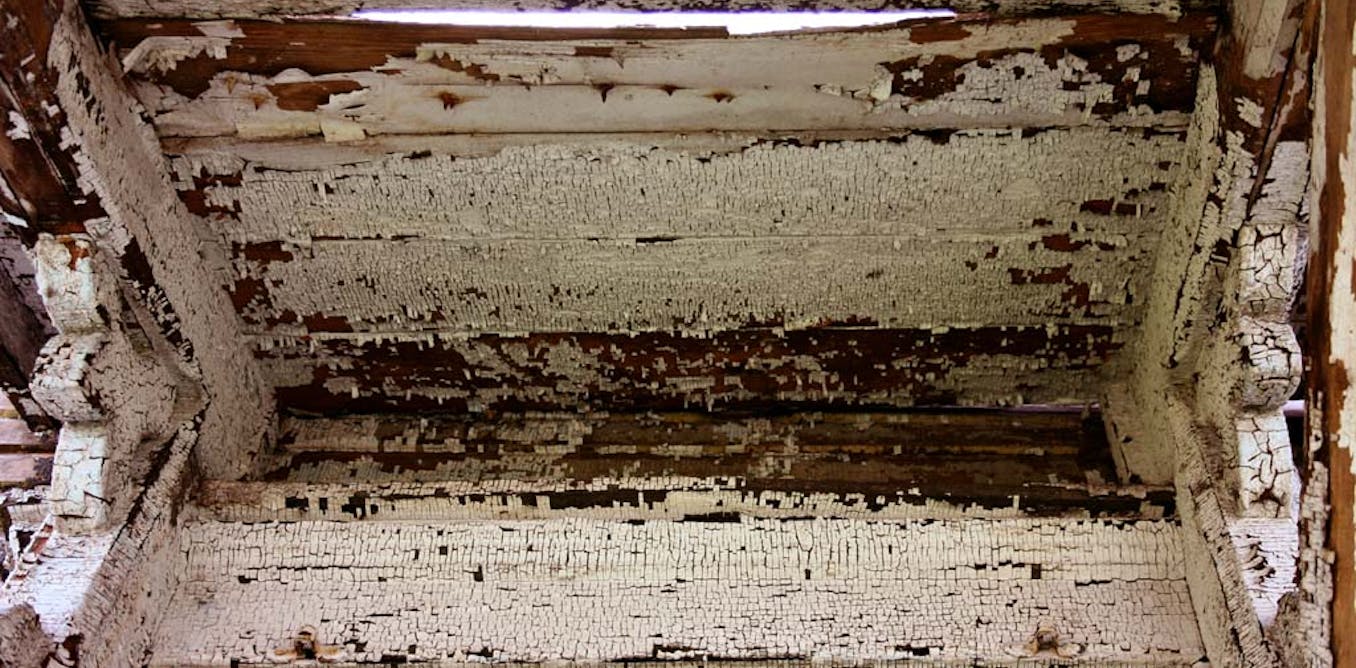Lead in inner cities really negatively impacts IQ and it is a serious problem in the US. Guess where poor people disproportionately live?

The surprising link between postwar suburban development and today’s inner-city lead poisoning
How did lead poisoning become a persistent threat in U.S. cities? Lead paint and slumlords played key roles, but so did postwar housing policies that trapped minorities in crumbling inner cities.theconversation.com

It’s not just Flint — every major American city has hazardous amounts of lead hurting kids
Vox is a general interest news site for the 21st century. Its mission: to help everyone understand our complicated world, so that we can all help shape it. In text, video and audio, our reporters explain politics, policy, world affairs, technology, culture, science, the climate crisis, money...www.vox.com

How the EPA has left Americans exposed to lead in drinking water
Millions of people still get water through lead pipes. For decades, lax EPA rules missed hazardous lead levels and allowed some utilities to remain indifferent. Today the Trump administration is rushing to finalize a plan that might make things worse.www.apmreports.org
Probably not unrelated that the high crime rate in Chicago relative to other major cities is probably related to the large amount of lead pipes:
Biden Calls for Chicago’s Lead Pipes to be Removed Within 10 Years, As Slow Roll Out Continues in Chicago
The $1 trillion bipartisan infrastructure bill includes $15 billion to fund lead service replacement efforts, and $3 billion will flow to states and cities in 2022, officials announced.news.wttw.com
One of the worst in the country.
Brain-damaging lead found in tap water from most Illinois communities during the past 6 years, Tribune analysis finds
More than 8 of every 10 Illinoisans live in a community where brain-damaging lead was found in the tap water of at least one home during the past six years, a new Chicago Tribune analysis found. Th…www.chicagotribune.com
That's not even getting into air pollution:

Toxic Combination of Air Pollution and Poverty Lowers Child IQ
Children born to mothers experiencing economic hardship, who were also exposed during pregnancy to high levels of PAH (polycyclic aromatic hydrocarbons), scored significantly lower on IQ tests at age 7 compared with children born to mothers with greater economic security and less exposure to the...www.publichealth.columbia.edu

How bad is low level lead poisoning? Probably not that bad
For some months, I've had a window open with some lead poisoning studies by economists. We know generally not to trust economist work without carefully checking out their tables and data (like the recent case with Lisa Cook's fantastic black patent results) as these people are known to cheat like cr
emilkirkegaard.dk


